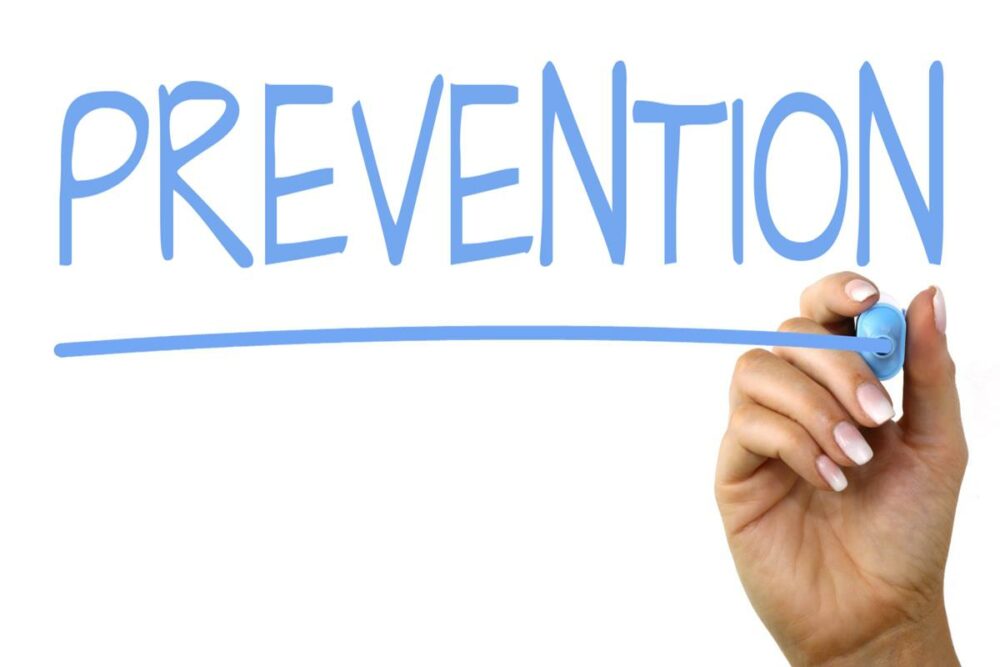Sycamore Gap

When a big news event occurs, like a death or a terrorist attack, the atmosphere palpably changes. Word spreads quickly around the office; an air of melancholy descends. On public transport and in shops, it’s overheard as the sole topic of conversation. The air is sombre; the mood subdued. The actual events might be relatively remote, but even locally, the day isn’t a normal one.
Yesterday felt like one of those days in Newcastle. Not because a person had died, but because the Sycamore Gap tree had been felled.
It may have been one of the most famous trees in Britain, and certainly one of the most photographed, not to mention that it was part of a World Heritage Site. Yet, I think many underestimate the degree to which many people from the North East felt personally attached to this sycamore. It’s personal to so many: it was the site of countless proposals, a common spot to leave memorials, and a place imbued with hundreds of years of family memories.
Sycamore Gap also features on endless bits of North East merchandise: often the option left over once the Tyne Bridge, Millennium Bridge and Angel of the North tat has been sold. It always felt like the North East’s symbol for the North East, not necessarily known or appreciated to the same degree by outsiders. It has pride of place in the ITV Tyne Tees title sequence.
Wendy and I were at Sycamore Gap in January. We never thought that it would be our last opportunity to see it.
Yesterday was a sad day.

This post was filed under: News and Comment, Post-a-day 2023, Hadrian’s Wall, Sycamore Gap.




